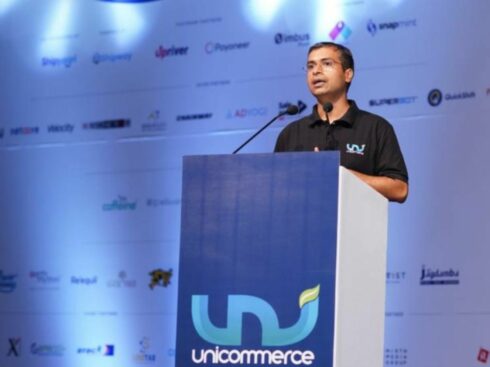
SUMMARY
Mohandas Pai Believes That Without Discounts Businesses Would Disappear
Investor and former CEO of Infosys Mohandas Pai believes that ecommerce firms, particularly like Flipkart and Amazon should be exempted from reclassifying discounts as capital expenditure.
The statement came in response to the recent event wherein Indian ecommerce poster boy Flipkart lost its appeal against the Income Tax (IT) department over the reclassification of marketing expenditure and discounts as capital expenditure, which involves substantial tax liabilities.
Mohandas Pai further stated, “Discount is an event which does not create enduring value or a capital asset. Hence tax authorities are wrong in asking ecommerce giants (Flipkart and Amazon) and startups to reclassify discounts as capital expenditure. This is a tax and accounting issue.”
He also added that if discounts are withdrawn, business would disappear as people shop for the discount on sales. “This is another case of misinterpretation by the tax authorities. The government should stop such harassment of business and such tendencies of misinterpreting by tax authorities,” Mohandas Pai said.
Reclassifying Discounts As Capital Expenditure: What’s The Fuss About?
As per the ruling in December, the IT department wants ecommerce companies to reclassify discounts as not a cost but a capital expenditure, meaning that it should not be deducted from revenue.
The issue involves money spent by ecommerce companies on marketing through deep discounts. Flipkart along with Amazon India and other ecommerce companies have been classifying this as marketing expenses and deducting it from revenue, leading to them posting losses and therefore not being liable to tax.
The Bengaluru IT office had asked Amazon and Flipkart to reclassify marketing expenditure as capital expenditure. Both of them had approached the Commissioner of Income Tax (Appeals), Bengaluru, in August last year. Last month, the CIT (Appeals) hearing Flipkart’s case ruled in favour of IT department and said the company must reclassify its discounts and marketing expenses as capex.
As per the IT department, capital expenditure has to be spread over four to 10 years.
If the ruling goes through, companies such as Flipkart and Amazon India that incur substantial marketing costs could be deemed as being profitable and therefore liable to pay 30% tax.
Clearly, it is a crucial issue for ecommerce companies as well as the booming startup ecosystem of India. On one side, the Indian government is trying to boast its efforts to reduce tax liabilities for the startups and on one hand, the tax authorities are bringing new laws to impose the tax burden on these companies. It was also seen recently that startups are getting harassed by Income tax officials for raising capital, threatening to consider it as income, which led to a number of Indian startups and members of the startup community coming forward to start an online petition, seeking a revision of the angel tax structure. Going ahead, it will be interesting to see what turn will these events take in long run, but right now it’s a wait and watch situation.
[The development was reported by ETRetail]


























